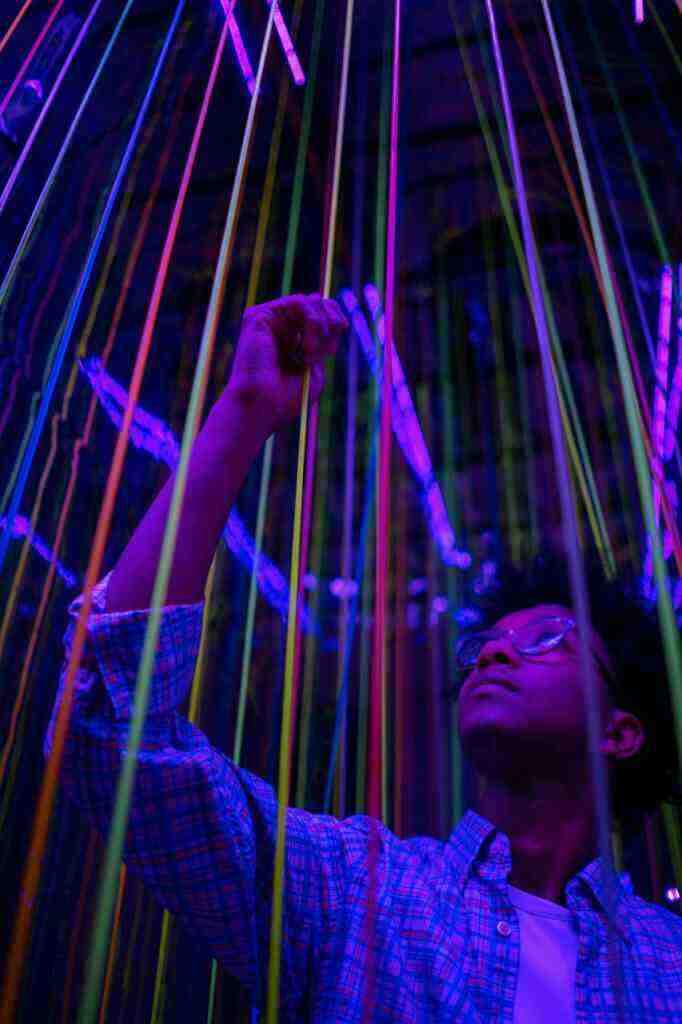Navigating the Complexities of Scientific Discourse: A Deep Dive into the Controversy Surrounding the Origin of Life
Introduction: A Clash of Perspectives
In the realm of scientific discourse, few topics ignite as much debate and controversy as the origin of life. This intricate subject has long been a battleground of ideas, pitting science against faith-based beliefs. The recent introduction of SB 280, a bill proposed by the West Virginia Legislature, has brought this debate to the forefront once again, prompting us to delve into the complexities of this issue and examine the scientific and philosophical arguments that shape the ongoing dialogue.
SB 280: Navigating a Legislative Maze
The West Virginia Senate Education Committee recently passed SB 280, a bill that seeks to provide guidance to high school science teachers on how to address questions related to the origin of life. Initially, the bill included intelligent design, a version of creationism, as a valid scientific theory alongside the well-established theory of evolution. However, this provision was later removed, leaving the modified version of the bill still subject to criticism.
The Role of Science and the Scientific Method
Science, as a systematic and empirical approach to understanding the natural world, relies on evidence, experimentation, and peer-reviewed research to formulate and validate theories. In contrast, creationism, including intelligent design, lacks the empirical support and rigorous testing required to be considered a scientific theory. According to the National Academy of Sciences, evolutionary biology stands as the cornerstone of modern science, supported by overwhelming evidence from diverse fields of study.
Kitzmiller v. Dover Area School District: A Landmark Ruling
The landmark case of Kitzmiller v. Dover Area School District serves as a stark reminder of the legal distinction between scientific theories and religious beliefs. In this case, U.S. District Court Judge John E. Jones III ruled that intelligent design is not science but rather a religious view. The judge emphasized the lack of peer-reviewed publications, testing, and research supporting intelligent design, solidifying the legal separation between scientific theories and religious beliefs.
Concerns and Potential Consequences: A Delicate Balance
While some view SB 280 as an expansion of academic freedom, allowing teachers to engage students in discussions about various theories of life’s origin, critics argue that it opens the door to educational malpractice. Introducing non-scientific information to young minds, particularly in a science classroom, can undermine the integrity of scientific inquiry and confuse students regarding the boundaries between science and personal beliefs.
The Risk of Proselytizing and the Erosion of Scientific Education
The prospect of teachers proselytizing about religious beliefs under the guise of scientific discourse raises concerns about the erosion of science education and the separation of church and state. Allowing teachers to present non-scientific explanations as valid theories could potentially lead to the dissemination of misinformation and undermine the credibility of science as a reliable source of knowledge.
The Importance of Maintaining Academic Rigor and Integrity
Science teachers play a vital role in shaping the minds of young learners, instilling in them critical thinking skills and a deep appreciation for the scientific process. Allowing non-scientific explanations to enter the science classroom could jeopardize the integrity of scientific education, potentially hindering students’ ability to distinguish between evidence-based theories and unsubstantiated beliefs.
Conclusion: A Call for Clarity and Evidence
The debate surrounding the origin of life highlights the delicate balance between academic freedom, scientific integrity, and the separation of church and state. While teachers should have the freedom to address student questions and foster open dialogue, it is crucial to maintain a clear distinction between scientific theories and faith-based beliefs. Introducing non-scientific explanations into the science classroom under the guise of academic freedom can have detrimental consequences for scientific education and the pursuit of knowledge. As we navigate these complex issues, it is imperative to prioritize evidence-based science and uphold the integrity of our educational institutions.
